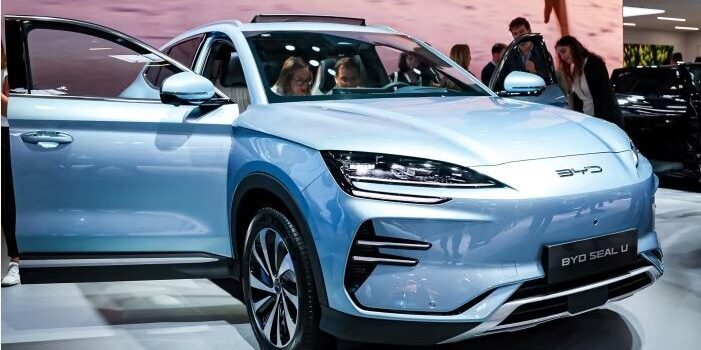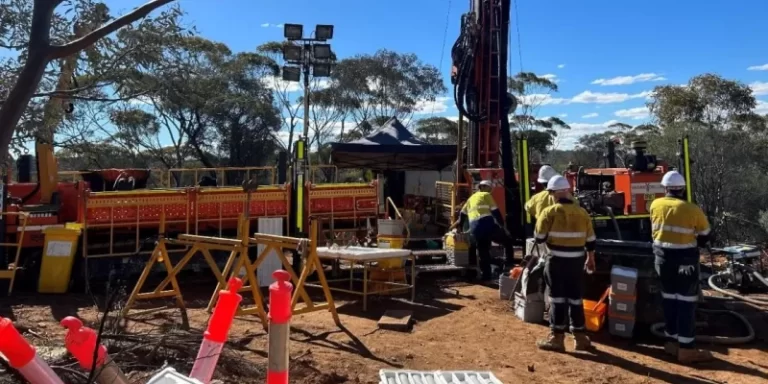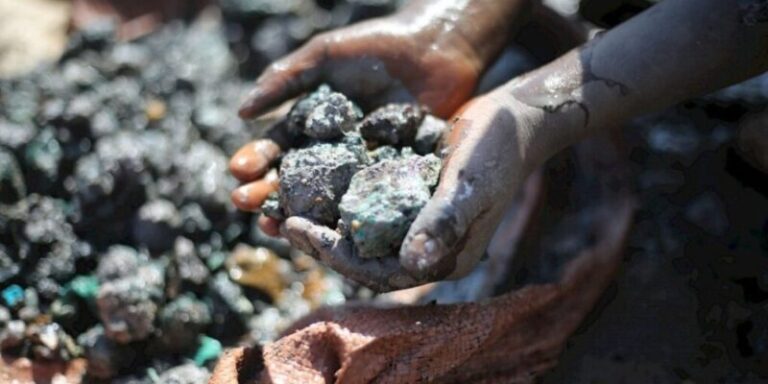
Chinese electric-car maker BYD has held talks about a potential takeover of a lithium producer in Brazil, in the global rush to secure raw materials for the EV revolution.
BYD’s chair in the South American nation, Alexandre Baldy, said discussions had taken place with $2.9bn-valued Sigma Lithium over a possible supply agreement, joint venture or acquisition.
Sigma began shipping the silvery-white metal — a key element for EV batteries — from its hard rock mine and processing plant in the state of Minas Gerais last year.
BYD is backed by Warren Buffett’s Berkshire Hathaway and recently overtook Tesla as the world’s largest EV manufacturer.
It is building its first electric car factory outside Asia in Brazil as part of a R$3bn ($620mn) investment.
As BYD hunts for lithium assets in the country with the goal of assembling an integrated supply chain, Baldy said there was an “active” dialogue with Sigma, which is listed in Toronto and on Nasdaq.
“Different strands are being discussed about supply, a joint venture, an acquisition . . . nothing is concrete,” he added.
Baldy said BYD had met Sigma’s chief executive Ana Cabral Gardner in São Paulo last month, but declined to give more details about the talks, citing a confidentiality agreement. Sigma declined to comment.
BYD’s plans in Brazil comes as Chinese EV and renewable energy companies aim to rapidly expand overseas.
The Shenzhen-based manufacturer is also planning to build an EV factory in Hungary and has been in talks for a plant in Mexico.
However, China’s ambitions have sparked concerns over Beijing’s dreams of technological superiority and dominance over global resources critical to clean tech industries.
Joe Biden’s administration has moved to reduce Chinese manufacturing on American soil and Europe is investigating China’s EV industry over alleged unfair competition.
In 2022, Justin Trudeau’s government ordered three Chinese groups to divest from early-stage lithium mining companies listed in Toronto, some of which had assets outside of Canada.
BYD’s success in China in selling high-tech EVs at a low cost stems, in part, from its control of much of its supply chain, including mines, batteries and computer chips.






